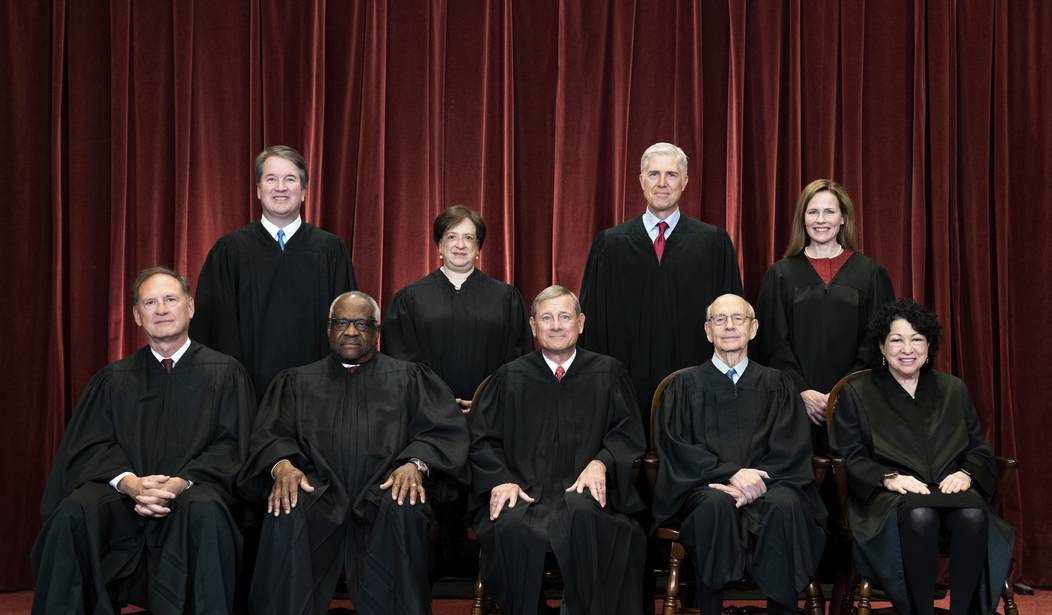Does this silence from the Supreme Court speak volumes about the future of Roe v Wade? Despite emergency appeals from the ACLU and others, the court declined to act in any direction as a new law took effect overnight in Texas. The law bans — sort of — any abortion after a fetal heartbeat has been detected, a stage that arrives at roughly six weeks into a pregnancy:
A controversial Texas law that bars abortions at six weeks went into effect early Wednesday morning after the Supreme Court and a federal appeals court failed to rule on pending emergency requests brought by abortion providers.
The lack of judicial intervention means that the law — which is one of the strictest in the nation and bans abortion before many people know they are pregnant — goes into force absent further court intervention.
The law allows private citizens to bring civil suits against anyone who assists a pregnant person seeking an abortion in violation of the ban.
No other six-week ban has been allowed to go into effect — even briefly.
No other court had this configuration either, and this configuration had never been presented with such a case before. Normally it would take four justices to grant cert, but under certain conditions a single justice could grant a very temporary stay while referring a request for a longer stay to the full court. That request would have come to Justice Samuel Alito, who covers the Fifth Circuit for emergency requests, and who has been openly hostile to Roe.
It’s perhaps no surprise that Alito wouldn’t sign onto a brief stay, but one would assume that Alito would have passed the request along to the full court. It would take five justices to grant the stay. If they have voted on it and declined to act, then it would seem that Roe might only have four justices willing to support it in a challenge coming up next term from Mississippi.
On the other hand, this lack of immediate action may not mean as much as it seems. Technically speaking, the state does not enforce a ban on abortions under this law, and in fact it technically doesn’t “ban” abortions at all. Instead, it creates universal standing for anyone who wants to sue doctors and clinics for performing abortions after the fetal-heartbeat stage. Thus, it does not prevent doctors and clinics from performing the abortions — but it creates a vast legal liability if they choose to continue:
The law does not impose criminal penalties for carrying out abortions after a fetal heartbeat is detected, but instead empowers private citizens to enforce it by suing doctors or anyone who assists a woman in getting an abortion illegally.
Anyone who successfully sues would be entitled to at least $10,000. There is no apparent maximum reward.
Given the lack of criminal enforcement, the impact of tacitly allowing the law going into effect is negligible. Any lawsuits filed for acts starting today can easily be dismissed if the Supreme Court issues an injunction later today, tomorrow, next week, or so on. It seems unlikely that the court will ignore the request entirely, but it might follow the Fifth Circuit’s lead: decline to issue an injunction and refer it back for trial in district court.
That would send a signal too, but at least a more subtle one. It would be just as easy to enjoin the law from taking effect until the end of the trial, especially since people could still file suit regarding abortions performed starting today if the court upholds the validity of the law. If the court really does take no action, then that plus their decision to review a Fifth Circuit ruling against an abortion law in Mississippi next term should make the abortion industry very very nervous.









Join the conversation as a VIP Member